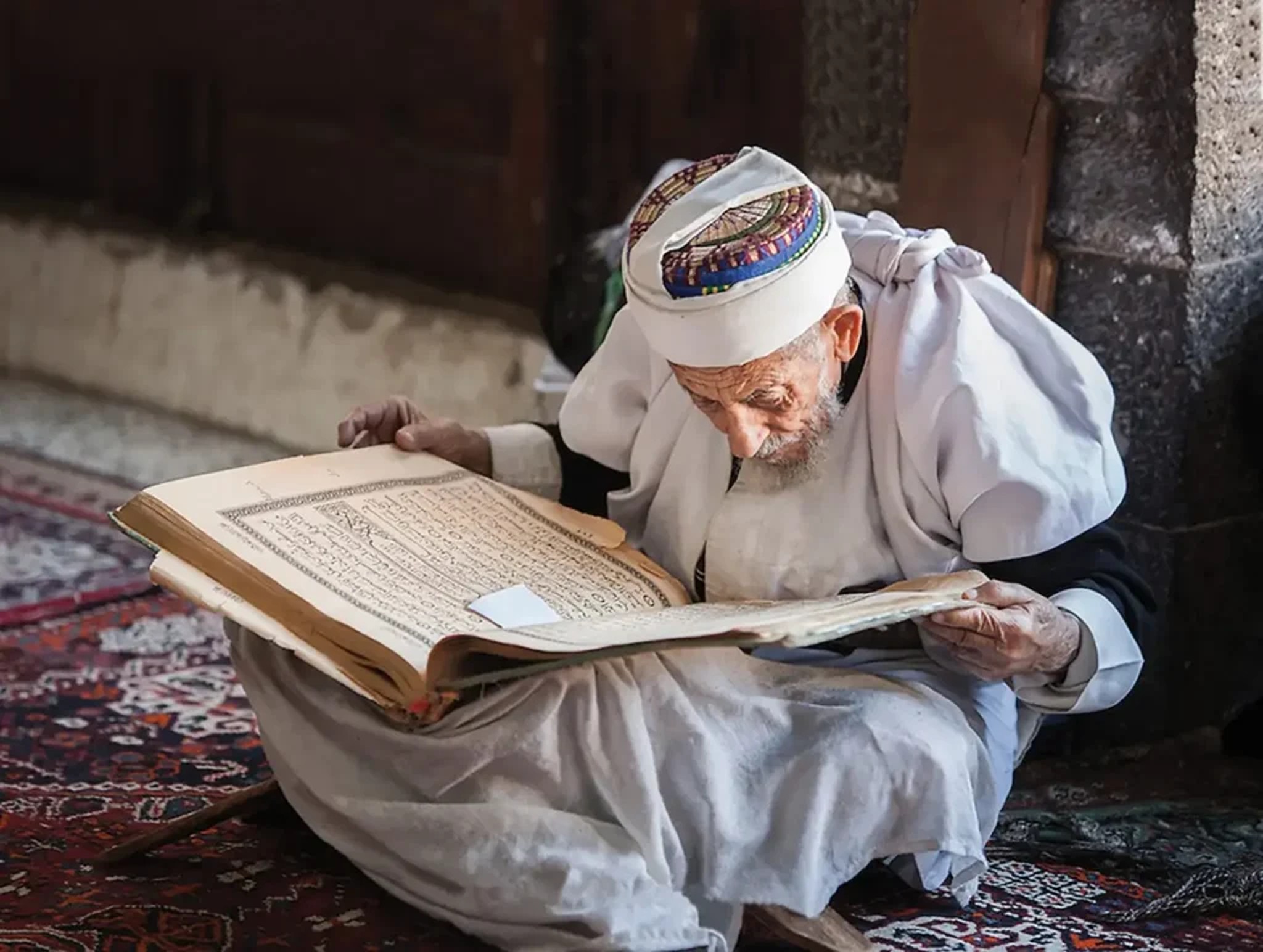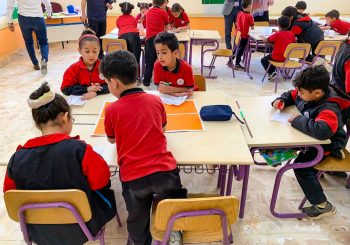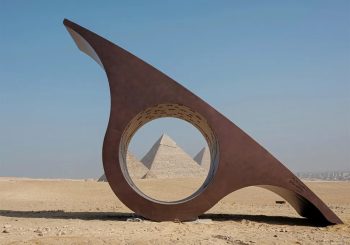Poetry defines the Arabs; this is not an exaggeration. Over the centuries, verse and literature have featured as key facets of Arab culture, at every point during their tribal and imperial civilizations.
For pre-Islamic Arabs, poetry was speech – banal and casual. As an oral civilization, they perfected dialogue in verse, heavied their tongues with beauty whenever they could. For Arabs, “poetry is activated in the breath:” it was not made to be written down, but to be spoken, performed, felt and understood through interaction.
The Arabian Peninsula was a hub for oral qasa’id (i.e. long odes) inherited through memory, often depicting the desert, abandoned campsites, the fine-lines of life and death, and the Bedouin experience. Forbidden love stories, issues of class and courtship, and the continuous challenging of sociocultural boundaries were all features of this niche.
An Arab poet was a public figure.
These story-tellers were present at any event – or without cause at all. They gathered large, elaborately-diverse audiences, and recited equally elaborate tales in meter. Oftentimes, poets would engage in a battle of wits and poeticism, improvising beauty and boasting accomplishments as they flew verse-for-verse against one another.


Khaled al-Masri, a PhD student of Arabic Literature in the Near Eastern Studies department at the University of Michigan, remarks that “Arabic poetry has been an indispensable manifestation of Arab culture for more than 15 centuries. It reflects the historical, social, political, philosophical and literary developments and achievements of Arabs.”
The examples are many, and all worthy – though some names are more infamous than others. Majnoon Laila (‘Laila-Crazed’) and Aantar are two of Arabia’s most embellished poets and dramatic lovers.
As a black man, Aantar fought bigotry and racism with a silver-tongue and white-hot conviction. His poetry was, in and of itself, a demonstration against classism and slavery; he took Arabic and weaponized it, beautified it, used it to love all and honor the strong. At the sunset of his story, he marries the woman he covets and garners respect long-deserved.
Majnoon Laila is Aantar’s perfect opposite; born Quais Ibn al-Mulawwah, he dedicated himself to love poems and ghazal and a girl named Laila. Unfortunately for him, Quais’ story ends in in tragedy; he is driven mad by his own sentimentality, and his sweet Laila married off to an older man. Still, his unfiltered, uncontrollable passion is one for the history books – one, to this day, many Arabs cite in example of their own boundless love.

In more modern milieus, Arabs have politicized their poetry and used it in the pursuit of nostalgia and idealism. World renowned poet Mahmoud Darwish remains an inspiration to many Palestinian voices weaving through white-noise and oppression. His presence in the public sphere comes hand in hand with his capacity to narrate beauty and use language to demystify reality.
Today, this remains intimately true to Arab cultures across the Middle East. Palestinian poet and activist Lena Khalaf Tuffaha reminds that poetry is integral to the Arab existence, and more often than not, slides into activism.
“Poetry is both a beautiful art form [and] a form of expression,” explains Tuffaha on The Poet Salon podcast. In her experience, postmodern Arabs continue to treat poetry as a form of citizenship. As someone with a poetically inclined heritage, and a father who has always found himself in language, Tuffaha cannot separate herself from poetry.
“It’s hard for me to imagine how not to do it,” how not to tell a story in verse.







Comments (4)
[…] of Bedouin poetry, Abdulati’s works are primarily passed down orally, limiting their wider dissemination and […]
[…] How Ancient Arabs Spoke in Poetry […]